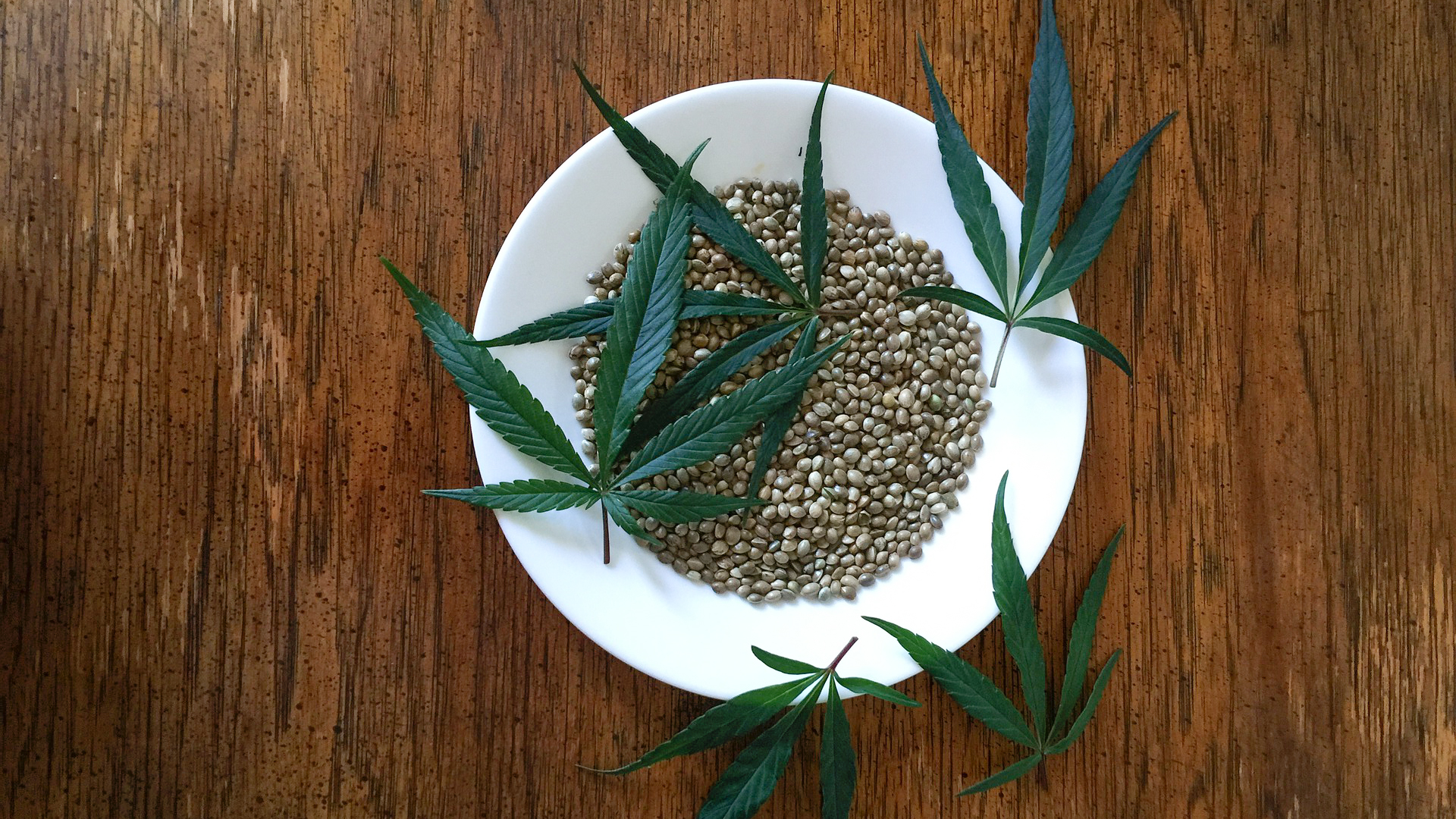Although California has legalized cannabis despite federal illegality, on the issue of hemp-derived foods, current state law conforms to federal law. And under federal law, most hemp derivatives are currently not permitted as food additives for several reasons.
Hemp in Food, Drugs and Cosmetics under Federal Law
One reason is the “drug exclusion rule”, of the Food, Drug, and Cosmetic Act, which states that a food containing a substance that is an active ingredient of an approved drug product – or an active ingredient of a product in clinical trials that have been made public – cannot be shipped in interstate commerce. Since the Federal Food and Drug Administration (“FDA”) has approved the drug Epidiolex which contains CBD, under the drug exclusion rule, CBD cannot be added to food.
Another hurdle to hemp derivatives being approved in food is that such substances, other than hulled hemp seed, hemp seed protein and hemp seed oil, have not received a GRAS (Generally Recognized as Safe) designation from the FDA. Before substances can be marketed as food or food additives, they must either receive premarket approval from the FDA or receive a GRAS designation. To be considered GRAS, a notification must be submitted to the FDA containing scientific evidence that the additive in question is safe. The FDA will review the evidence and respond to the submission. If the FDA responds with a “no questions” letter, this means that the FDA has accepted the findings that the ingredient is generally recognized as safe for its intended use.
Currently, no hemp (or cannabis) derivatives, other than as noted above, have received a GRAS designation by the FDA. However, although California follows federal law in relation to hemp-derived food products, it does not do so in relation to cannabis-derived food products. In California, cannabis edibles are not banned since they are governed by California’s Medicinal and Adult-Use Cannabis Regulation and Safety Act; and are legal under California law provided that they are produced in accordance with California law and regulations regarding cannabis licensing – but hemp edibles (and edibles created from hemp derivatives), which fall outside of this regulatory framework, are not allowed.
At the federal level, the Hemp Access and Consumer Safety Act was introduced into the Senate in May. This legislation would exempt hemp-derived CBD from the drug exclusion rule. However, such products would still have to undergo the GRAS process before receiving clearance to be added to food. Earlier this year, a similar bill was introduced in the House of Representatives. However, the House Bill is narrower, as it would only allow hemp derivatives in dietary supplements, but not in food.
It will be interesting to see how federal legalization of cannabis may impact the FDA’s oversight of cannabis foods. Under the current framework, even if cannabis is removed from the Controlled Substances Act, its addition to food and cosmetics will still be governed by the FDA and subject to the GRAS process described above.
California’s Stance on Hemp in Food, Drugs and Cosmetics
Despite the fact that hemp and CBD food products, drugs and cosmetics are commonly sold throughout the state, currently, per guidance from the California Department of Public Health (“CDPH”) in January 2021 and July 2018, CBD (and most other hemp derivatives) cannot be added to any items regulated by the Food and Drug Branch of the CDPH, including foods, drugs or cosmetics.
To catch up with commerce and consumer demands, along with trying to regulate hemp products, the California legislature has been working hard on Assembly Bill 45 (CA Aguiar-Curry) which would allow for hemp and certain hemp derivatives to be added to food and cosmetics in California. If passed, this would mark a significant change to California law.
Specifically, as noted by the legislature:
This bill would state that a dietary supplement, food, beverage, cosmetic, or pet food is not adulterated by the inclusion of industrial hemp or cannabinoids, extracts, or derivatives from industrial hemp if those substances meet specified requirements, and would prohibit restrictions on the sale of dietary supplements, food, beverages, cosmetics, or pet food that include industrial hemp or cannabinoids, extracts, or derivatives from industrial hemp based solely on the inclusion of those substances.
The Bill was amended three times in May but survived to make it into a law this session. We will continue to monitor AB-45 and how it may impact the legality of hemp-derived foods in California. Reach out to us if you have any questions relevant to your cannabis business.
Disclaimer: This article has been prepared and published for informational purposes only and is not offered, nor should be construed, as legal advice.

